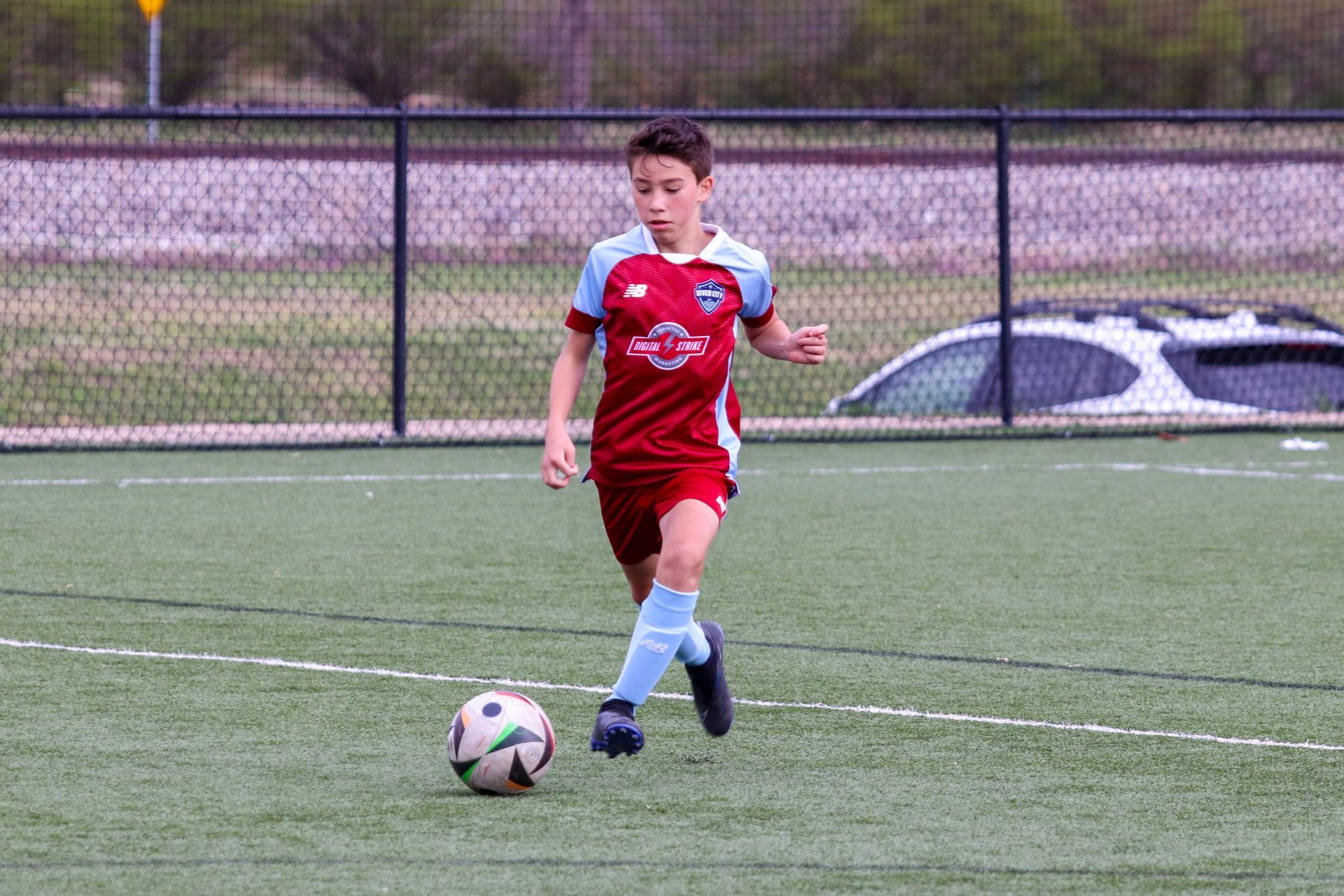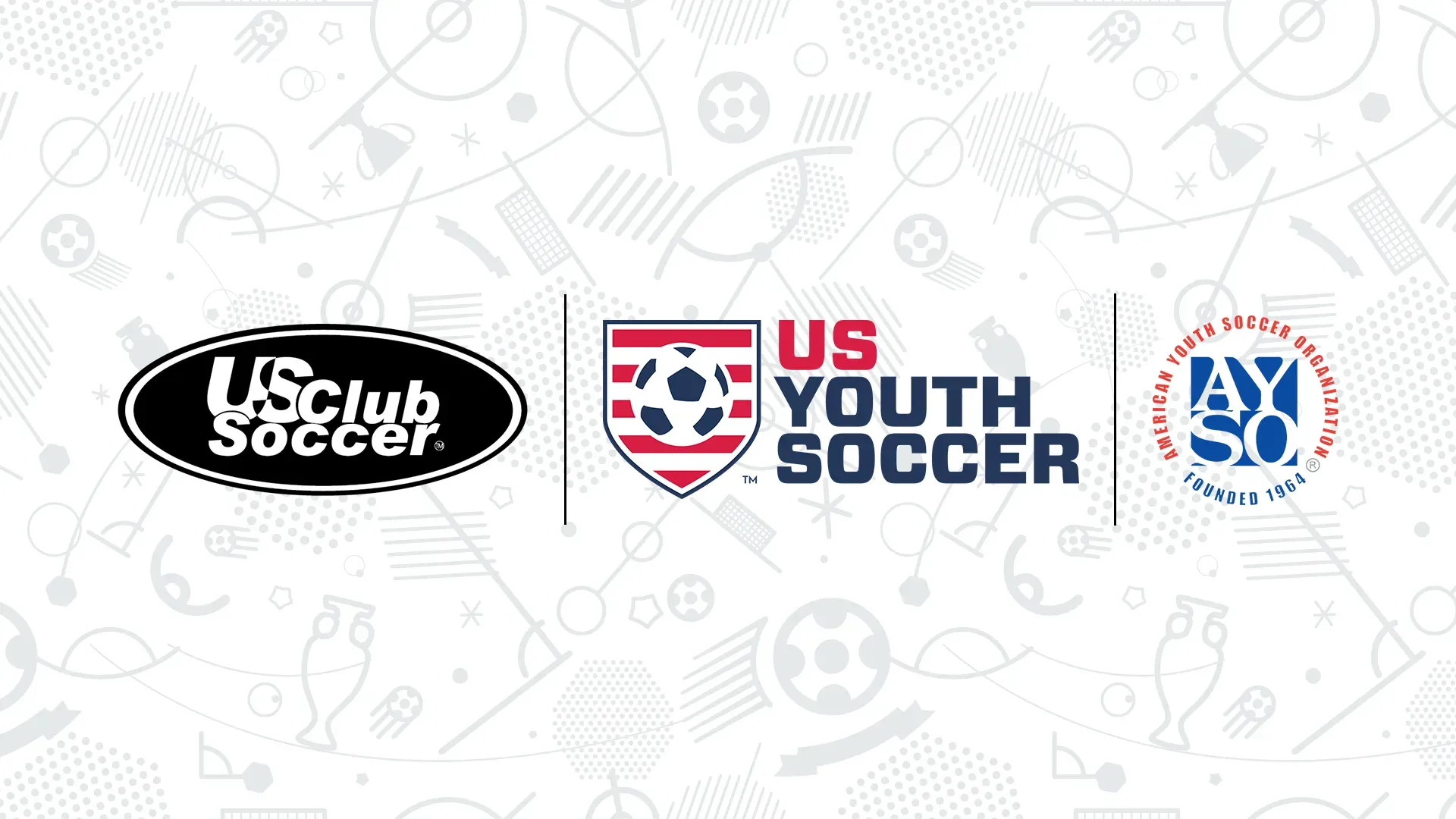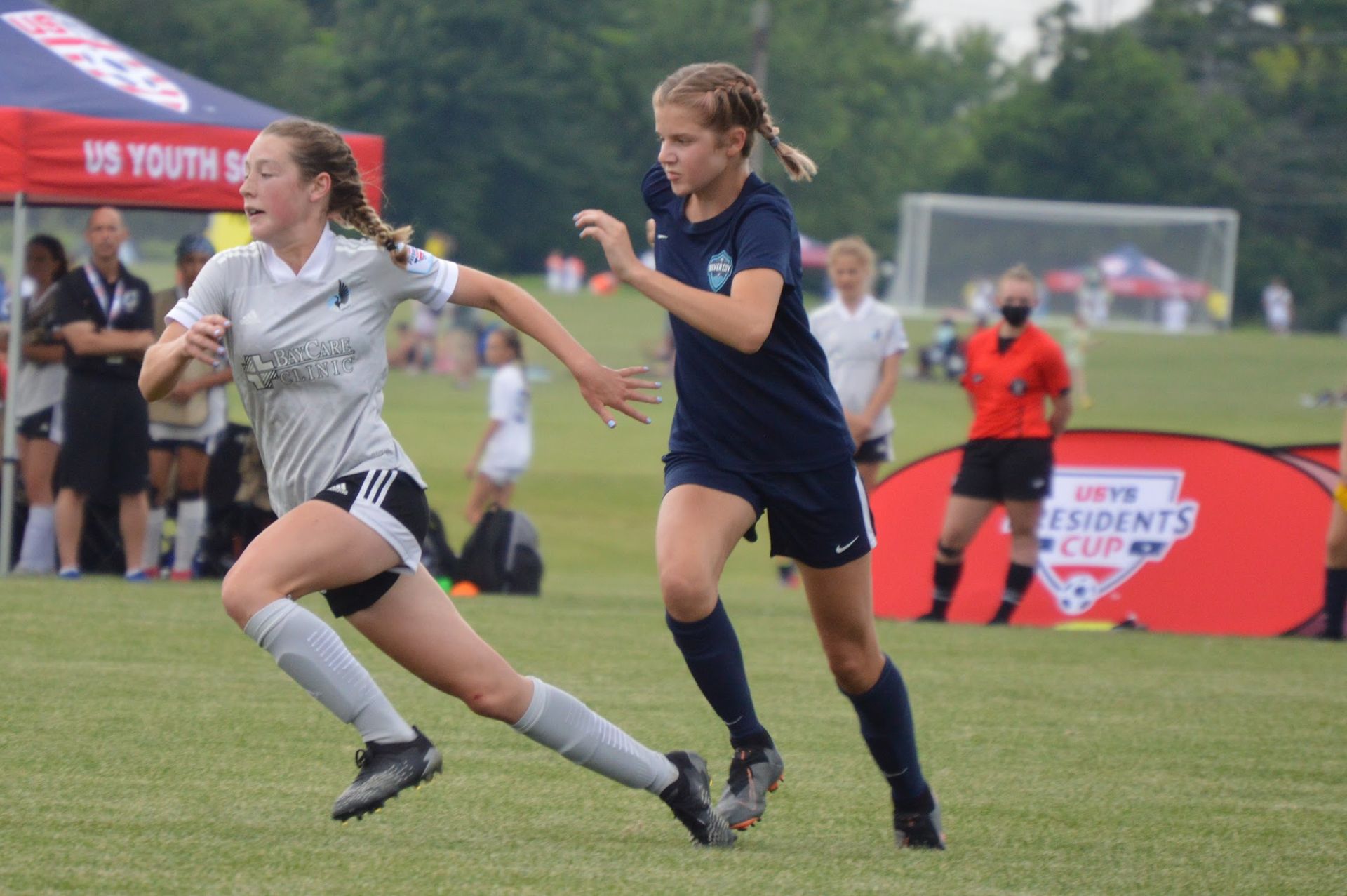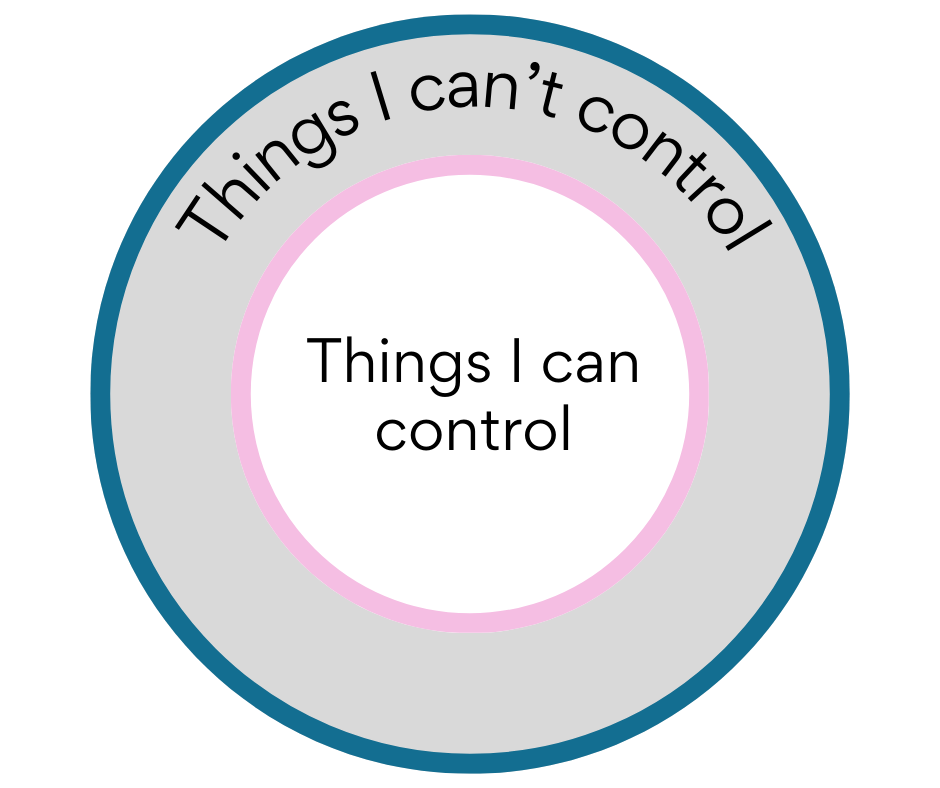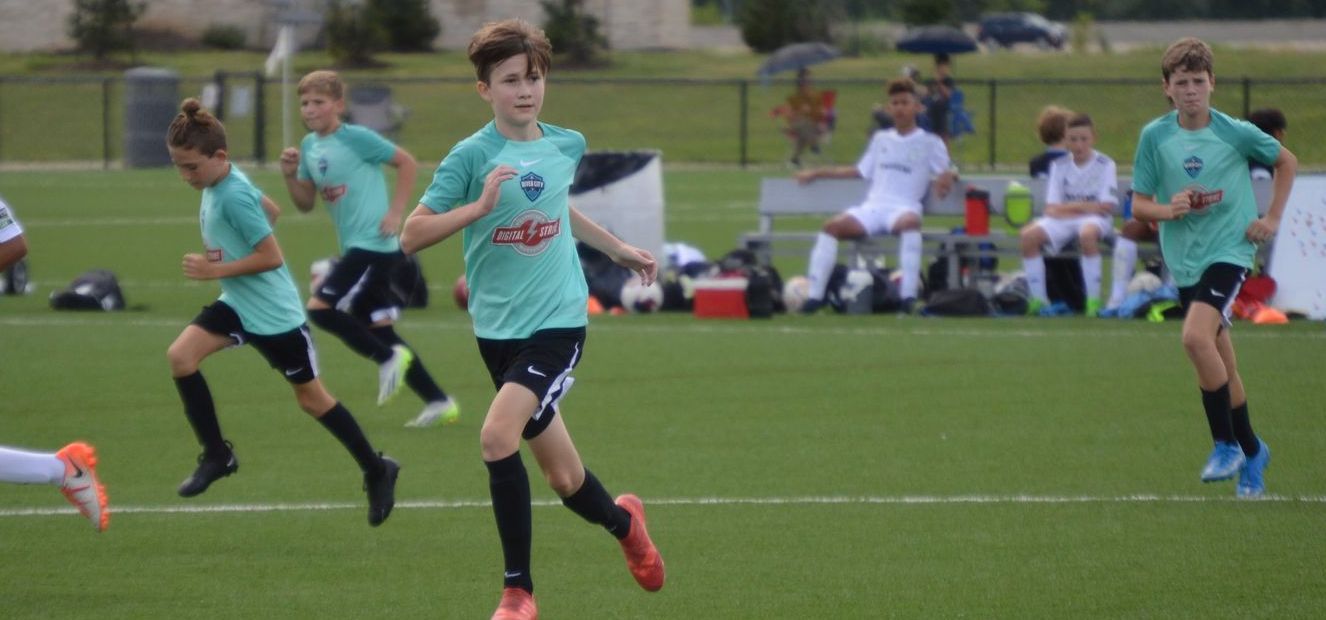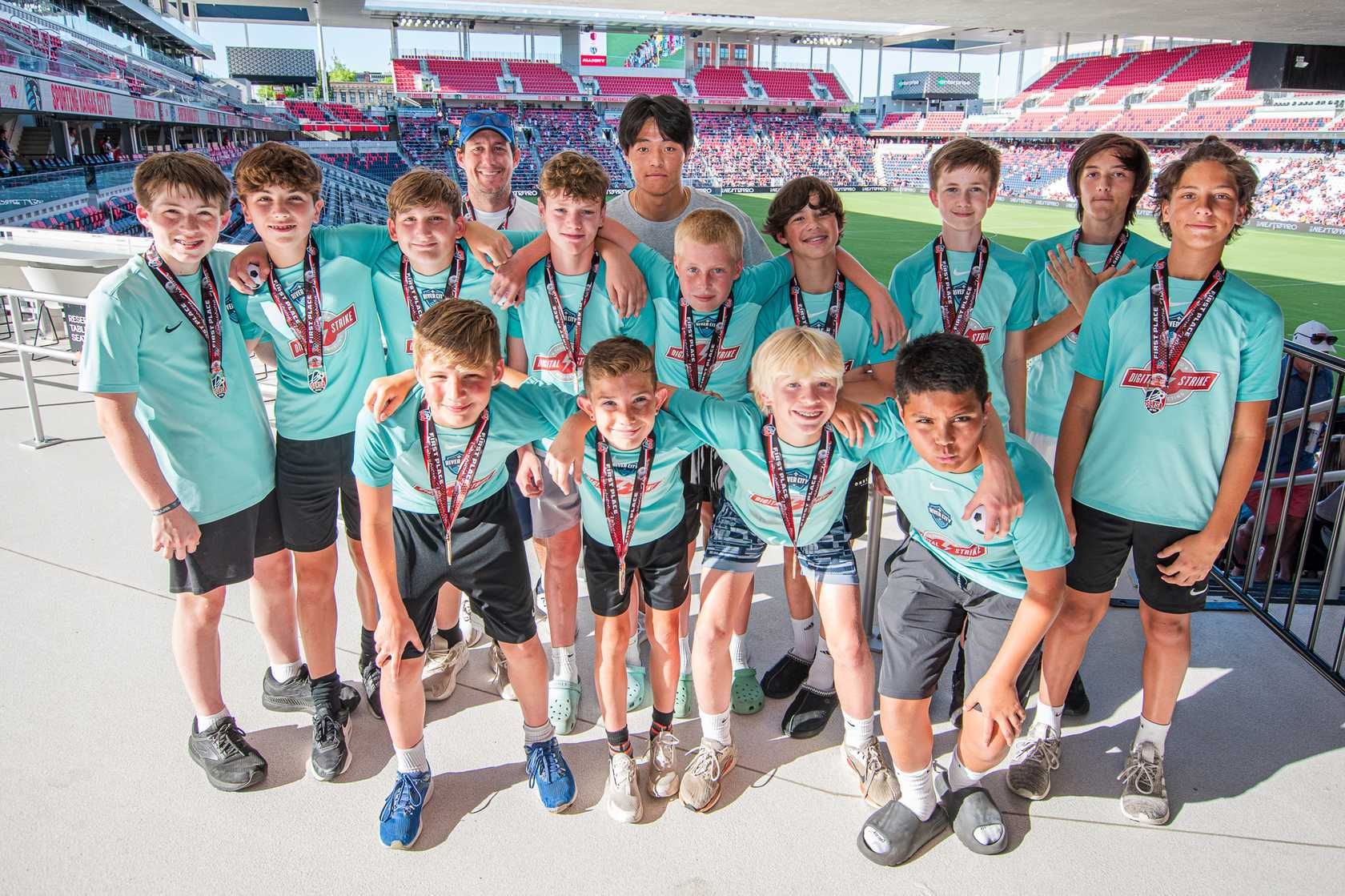By Daniel Olstad
•
February 17, 2025
Throughout my coaching career, I've never been a yeller. While I might raise my voice occasionally to address the entire team, and, particularly in my early years, I sometimes lost my composure over questionable calls (a behavior I've since learned to manage), these instances were rare. One thing I don't do is yell at players. I've found it counterproductive, counterintuitive, and, frankly, it looks terrible to yell at a child playing a game. There are better and more productive ways to motivate that lead to better results in terms of long term development. Am I demanding? Absolutely. Do I have expectations? Yes. However, I've learned that providing players with clear, concise, and valuable information yields far greater long-term developmental success than yelling ever could. Game knowledge, the ability to deliver quality practices, and connecting with players on a personal level while genuinely caring about their well-being have earned me more respect from players over the years. Some parents have even asked why I don't yell more, with a few even requesting that I do so, believing their child responds well to it. I can explain precisely why I don't yell at players and why I believe it's wrong, especially in youth sports. Yelling at players to motivate them reveals a lack of intrinsic motivation. These players rely on external motivators to perform at their best, hindering long-term development. Yelling triggers the amygdala's fear response, impairing clear thinking and information processing. Even if a player responds after being yelled at, the motivation is primarily to avoid further reprimands, a fear-based reaction known in psychology as positive punishment (the addition of a negative stimulus). A more effective approach is demonstrating the correlation between choices and consequences. Instead of yelling, explain the benefits of desired actions. For example, instead of yelling at a player who fails to recover defensively, resulting in a goal, explain that failing to track their player will lead to more scoring opportunities for the opponent. Conversely, sprinting back will help prevent those chances. Consequences for consistently failing to meet expectations, such as reduced playing time, should also be clearly communicated. Accountability is best maintained through clearly defined standards and expectations. When these are established and understood by everyone, there's no need for yelling. Simply state the unmet expectation and the corresponding consequence. For example, "You were a distraction during practice when you should have been listening, so you will not start the next game." Leading by example is crucial. Even when frustrated, coaches should demonstrate emotional intelligence by calmly articulating their concerns. During challenging games, instead of yelling, focus on developing and communicating a plan to improve the situation, ensuring players understand the necessary adjustments and their rationale. Yelling is unacceptable in most professions. No parent would suggest yelling as a helpful strategy to a teacher, dentist, or doctor. Imagine a parent saying, "Screaming at Billy will really help his reading," or "Berating Sally will make her floss," or "Yelling at my child in front of everyone is the best way to get them to eat more fruit." Such scenarios highlight the absurdity of using yelling as a motivational tactic. While I strive for consistency, I'm not perfect, and there might be occasions when I raise my voice or even yell. However, I've learned that far more effective methods exist to maximize player performance, earn their respect, and guide their long-term development as both athletes and individuals. These include: Game Knowledge and Clear Communication: Effectively conveying the who, what, where, why, and when of teaching is essential. A Positive Learning Environment: Creating a space where players feel valued, respected, and challenged is paramount. Personal Connection: Taking a genuine interest in players' lives beyond the sport fosters a connection that translates to increased effort and respect on the field. Simple conversations about favorite foods or school can make a significant difference, regardless of the player's age. Understanding Child Development: Recognizing the specific needs of different age groups is crucial. For example, young children thrive on activity. Structuring practices that keep them engaged and moving minimizes boredom and behavioral issues. Positive Reinforcement: As my first coaching instructor emphasized, "Catch them being good!" Praising positive actions, even if the outcome isn't perfect, is scientifically proven to yield better long-term results than any other method. Praise a good pass, a well-taken shot (even if it misses), or a good decision (even if it results in a turnover). Address the technical errors separately. The use of positive reinforcement to shape behavior and desired actions was solidified by observing my wife's previous career as a marine mammal trainer. Trainers use positive reinforcement to shape animal behavior. Desired actions are rewarded, while undesired ones are simply ignored. This positive approach encourages the animals to perform behaviors willingly, knowing they'll be praised and rewarded. (Don't tell the kids, but I treat them a lot like my wife used to treat the sea lions and seals!) In conclusion, neither I nor any coach within our club will yell at your player. There are far more effective ways to encourage performance, learning, and development. Carlo Ancelotti, the current Real Madrid coach and the most successful coach in UEFA Champions League history (with five titles), provides a compelling example. In a recent book about his leadership, former players and staff consistently noted his calm demeanor, recounting only one or two instances of him yelling or expressing anger, and never on the field. If a coach of his caliber, working with players like Vinícius Júnior, Mbappé, and Bellingham, doesn't need to yell to achieve success, then I certainly don't need to yell to help your player develop and, most importantly, enjoy the game.
